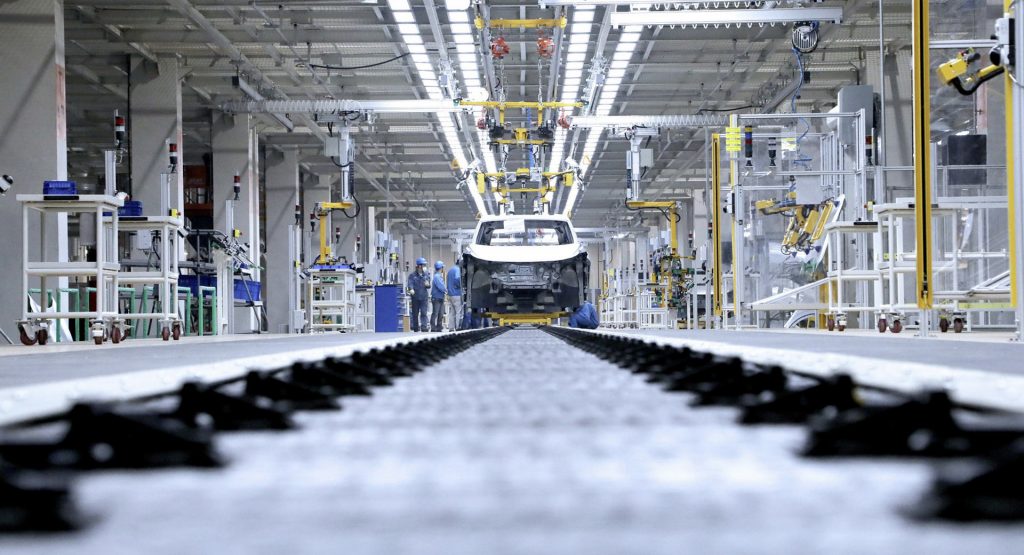The coronavirus outbreak in China threatens to have long-lasting effects on the global car market with auto supply chain issues and a national slump in sales, CNN Business reports.
Prior to the coronavirus, car sales in China have fallen for two consecutive years due to a slowing economy and the loss of tax incentives for electric cars. Since the deadly virus has spread, many large factories have been ordered to remain shut until next week as the Chinese government scrambles to contain the virus.
S&P Global Ratings believes the outbreak will force car manufacturers across Asia to slash production by about 15 per cent in the first quarter. Companies with factories in the city of Wuhan, the epicenter of the virus, such as GM, Nissan, Renault, Honda, and PSA Group, are particularly exposed as the city and the rest of the Hubei province account for 9 per cent of total Chinese auto production.
Also Read: General Motors And Ford Limit Chinese Travel To Avoid Coronavirus Outbreak
Volkswagen is also at risk as it operates 24 factories making cars or parts in China, accounting for no less than 40 per cent of its global production. For now, the automaker says its planned deliveries to customers haven’t changed and that its supply chain “is on track to be fully functional in time for the start of production.”
As the crisis continues, it will become increasingly likely that global auto supply chains will be damaged. Large automotive suppliers such as Bosch, Schaeffler, ZF Friedrichshafen, Faurecia, and Valeo all have significant operations in China. Earlier this week, Hyundai made the drastic decision to suspend production at its South Korean factories because the coronavirus has impacted its supply of parts from China.
“Even industries that appear to have low exposure to Chinese suppliers will almost certainly contain firms that are heavily reliant on inputs from China,” global economist at Capital Economics Simon MacAdam said. “It only takes bottlenecks in the production of one low-value, but crucial, component to bring higher-value, downstream production to a halt.”




